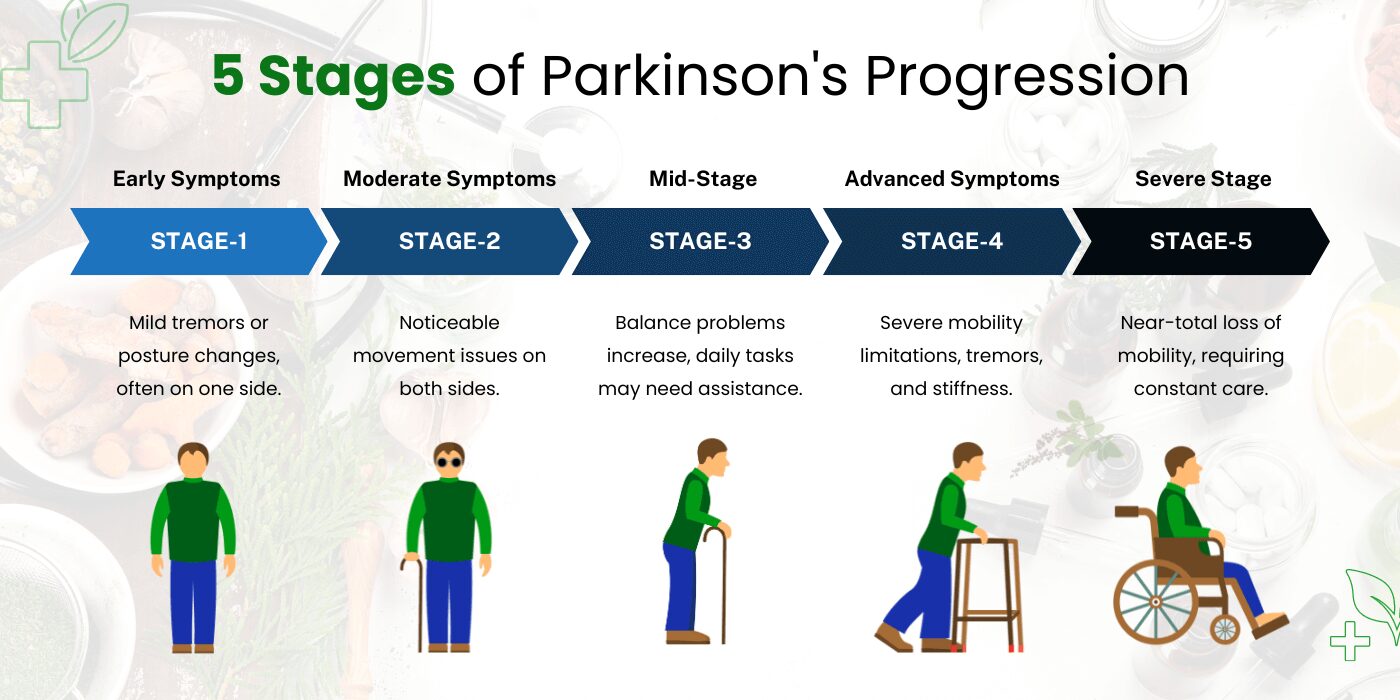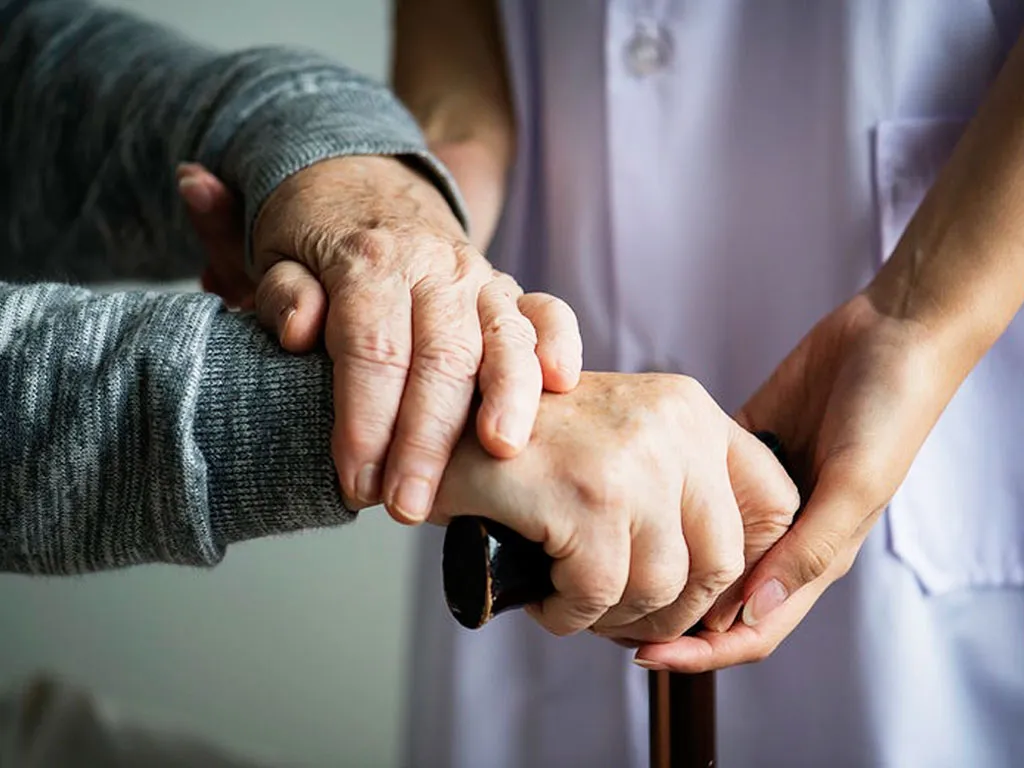Parkinson Care

Parkinson's disease care focuses on managing symptoms and improving quality of life through a combination of medications, therapies, and lifestyle adjustments, including exercise, diet, and stress management. Parkinson's disease can't be cured, but medicines can help control the symptoms. Medicines often work very well. When medicine is no longer helping, some people may have surgery. Your healthcare team also may recommend aerobic exercise, physical therapy that focuses on balancing and stretching, and speech therapy.
As Parkinson's symptoms progress and your needs increase, a move to a care home may be a necessary consideration. Care homes are staffed 24 hours a day and meals are provided. Some care homes provide nursing care too, which will provide extra support for medical needs. Some will also provide activities.Most people with Parkinson's disease eventually need a medication called levodopa. Levodopa is absorbed by the nerve cells in your brain and turned into the chemical dopamine, which is used to transmit messages between the parts of the brain and nerves that control movement.

Parkinson’s disease is an age-related degenerative brain condition, meaning it causes parts of your brain to deteriorate. It’s best known for causing slowed movements, tremors, balance problems and more. Most cases happen for unknown reasons, but some are inherited. The condition isn’t curable, but there are many different treatment options.
Medications Several medications can cause a parkinsonism-like effect. The Parkinson's-like effects are often temporary if you stop taking the medication that caused them before the effects become permanent. However, the effects can linger for weeks or even months after you stop taking the medication.
Damage from injuries Repeated head injuries, such as those from high-impact or contact sports like boxing, football, hockey, etc., can cause brain damage. The term for this is “post-traumatic parkinsonism.”
Encephalitis Inflammation of your brain, known as encephalitis, can sometimes cause parkinsonism.Toxins and poisons. Exposure to several substances, such as manganese dust, carbon monoxide, fumes from welding or certain pesticides, can lead to parkinsonism.
7 Ways to Help Your Loved One
- Be Honest with Each Other
- Educate Yourself
- Attend Doctors' Appointments
- Stay on Top of Insurance
- Be Observant
- Be Flexible
- Be Sure Medications Are Taken

